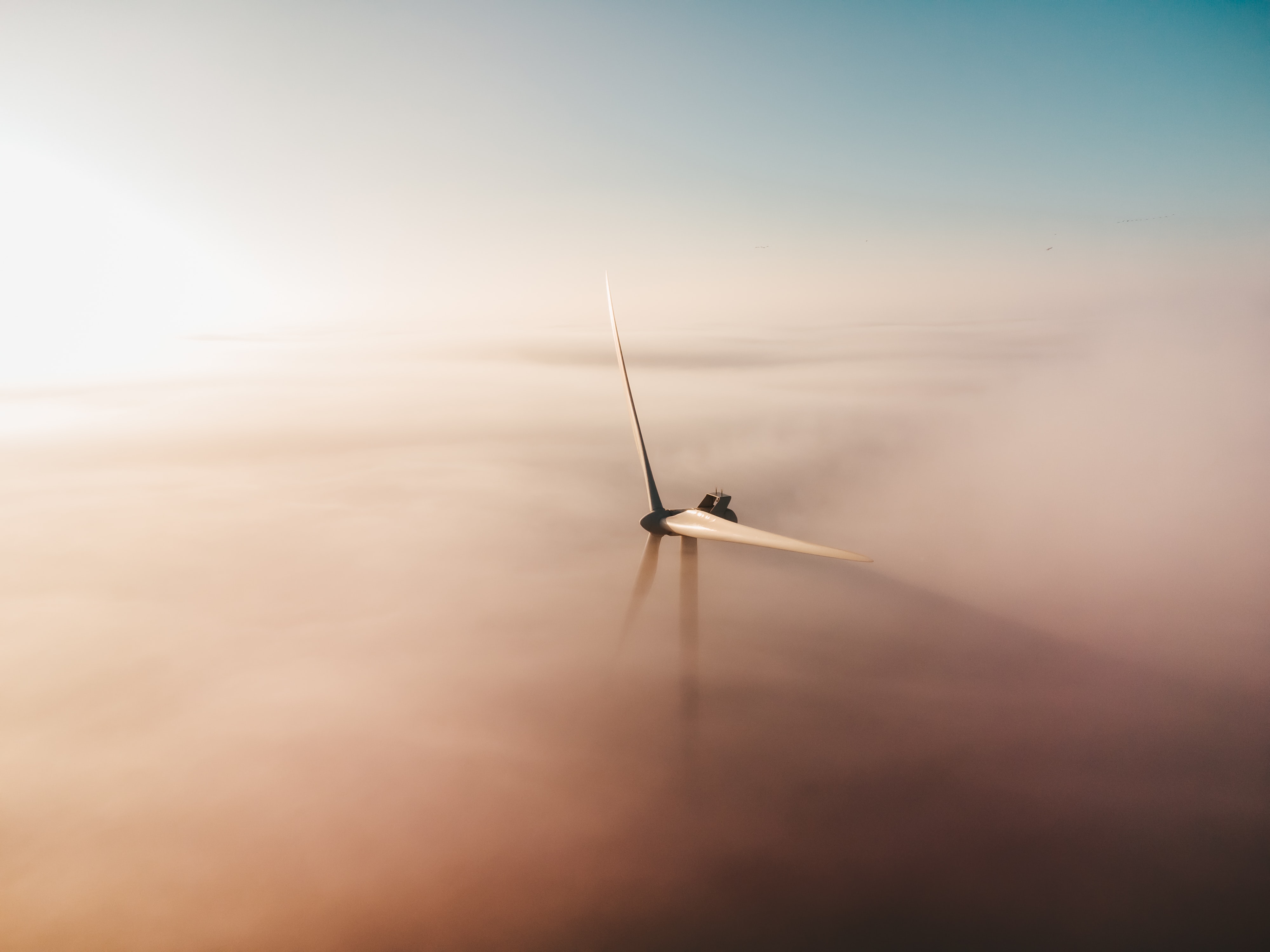Energy and Maritime Technology Research Cluster
In accordance with the maritime profile, a clear focus of the university's research and development (R&D) activities is in the field of energy and marine technology. A considerable part of the university's third-party research funds can be allocated to this area. A large part of the R&D results from the activities of the Institute of Wind Energy (fk-wind:), the Institute of Process Engineering and the Institute of Automation and Electrical Engineering (IAE). Research and development projects are carried out with regional, national and international industrial and scientific partners. The topics covered a wide range from wind energy over hydrogen to aquaponics. In the year 2019 the research cluster was included in the research map of the German Rectors' Conference as the first focus of Bremerhaven University of Applied Sciences. The presentation in the research map confirms the outstanding achievements of the university Bremerhaven in this research area.
